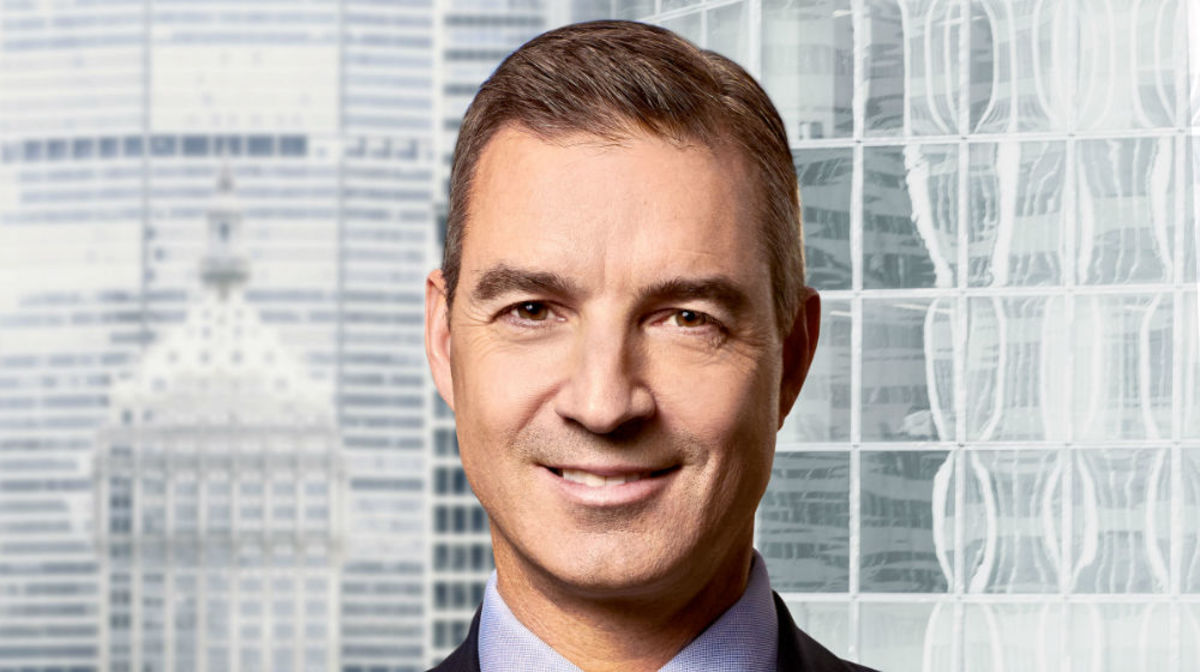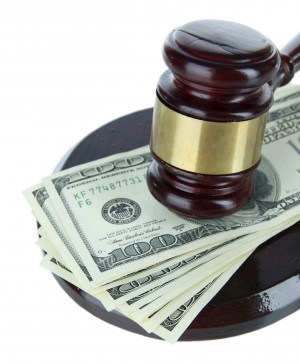Ed. note: Litigation finance is transforming the fields of both law and finance. To help our readers gain a better understanding of what litigation finance entails, we’ve partnered with Lake Whillans to present an ongoing series detailing how litigation funding works, its pros and cons, and its past, present, and future.
The potential benefits of litigation funding are increasingly well-known to litigators and in-house counsel. But until you have been through the process of raising funding, it can be difficult to know what to expect. Lake Whillans has years of experience introducing claimholders and counsel to the funding process and helping to determine whether litigation finance makes sense for their claim. In this article, we outline the main steps in raising funding.
The template we set out here is based on the Lake Whillans process — other funders may operate somewhat differently, but the general features are common to all reputable litigation finance providers. Keep in mind that litigation funding comes in many flavors. For example, some funding deals pertain to a standalone case, whereas others encompass a portfolio of cases brought by the same claimholder or litigated by the same counsel. Some claimholders seek funding before initiating litigation; others approach funders midway through a case. The details of the funding process will vary depending on the structure of the proposed investment and stage of litigation.
Initial Screening: Does your case meet the basic criteria for funding? (Typical duration: 1 to 2 days)
As a first step, after we have received an email or a phone call, we will determine whether the case meets our basic criteria. First, we determine whether the case (or portfolio) fits into the categories of cases we fund. For example, Lake Whillans does not fund patent litigation, but we do fund international arbitration, which are two areas where funders’ preferences may differ. We also screen how much capital is needed: our minimum investment amount is approximately $1 million, so a case that is seeking $200,000-$300,000 is one we are unlikely to examine further.
Deep Dive Call/Term Sheet: Is your case an attractive candidate for funding? (Typical duration: 3 to 7 days)
Once we’ve established that the opportunity meets our basic criteria, we will enter into a non-disclosure agreement and set up a call (usually 60-90 minutes) (which we call the “deep dive call”) to learn more about the opportunity. Prior to the call, we will typically review any key documents concerning the claim or budget that the claimholder has provided concerning the proposed investment.
During the deep-dive call, we are seeking to understand four things: the underlying facts and basis for liability, the theory and amount of damages, the collection/enforcement risks, and the amount and structure of a potential investment.
Depending on the material we’ve already received and reviewed, the discussion around the facts and basis for liability may vary in depth, ranging from a general discussion of the narrative of the case to more specific targeted questions. During the call, we will be seeking to understand the background to the relationship that led to the dispute, the events that gave rise to the dispute, and the key issues in dispute, legal theories, and the litigation history to date. The aim is to conclude whether liability is likely (assuming everything represented is true).
Litigation outcomes are inherently uncertain, but some cases have a higher probability of success than others. Naturally, we seek to fund strong claims. To that end, we assess factors such as the quality of the claimholder’s counsel (are they experienced, professional, and prepared?) and the strength of the evidence (is there documentary evidence to support the claim?).
Regardless of a claim’s legal strength, it will not be a viable candidate for funding if the likely damages are too modest. For a single-case investment, Lake Whillans targets claims for which a reasonable estimate of likely damages exceeds $15 million. Other funders may set a different threshold, but all will have some lower limit. When pricing a deal, funders are careful to structure it such that the claimholder retains the majority of litigation proceeds. That constraint, along with the need to expend resources to underwrite each claim, generally makes lower-value cases less attractive.
The proposed budget for litigation expenses is also an important consideration. Do the expense projections seem realistic? What is the ratio of the budget to the likely damages? A general rule of thumb is that funders seek a damages to investment ratio of 10:1, though matters with a lower risk profile may suffice with a smaller ratio.
Finally, we seek to get initial comfort that the defendants have sufficient assets to satisfy any judgment or award, which can be enforced. For example, a matter that involves an insolvent defendant or a defendant who is expected to resist enforcement and is located in a jurisdiction unlikely to honor a judgment or award may not make an attractive investment.
Following the deep dive call, we will internally evaluate the opportunity. If the case seems attractive, we would make an investment proposal that outlines the economic terms of the proposed investment and provides for a due diligence period. Once acceptable terms have been reached, the term sheet is executed and the due diligence period begins.
Due Diligence (Typical duration: 30 to 45 days)
The purpose of due diligence is to verify that the underlying facts and materials support the claimholder’s theory of the case. At the outset of the due diligence period, we provide an outline setting out the anticipated steps. To the extent that our review of materials reveals additional items for discussion, the outline is updated. The process will also include calls with the claimholder and/or its counsel. We do not ask for written materials to be prepared.
We aim to make this process transparent in terms of sharing areas where we want to focus, concerns we need addressed, and overall progress toward wrapping up the diligence process.
Generally, we are able to complete due diligence within 30 to 45 days. Factors that affect the length of the process include the complexity and stage of the claim, any urgency to secure funding, as well as the responsiveness of the claimholder and counsel.
Investment Documentation (Typical duration 5 to 10 days)
Once diligence is successfully completed, we circulate transaction documents to the claimholder and counsel for review. Over the following days, the documents are finalized and the investment funds released.
Once, the case is funded, you can read about what to expect here.
* * *
We hope this general description of what to expect when raising litigation funding is a helpful starting point. Each case has unique elements, and we are happy to discuss how the process is likely to proceed in your particular circumstances. The best way to determine if your company or firm could benefit from litigation finance is to contact us.






 Kathryn Rubino is a Senior Editor at Above the Law, and host of
Kathryn Rubino is a Senior Editor at Above the Law, and host of 
 Jordan Rothman is a partner of
Jordan Rothman is a partner of 





